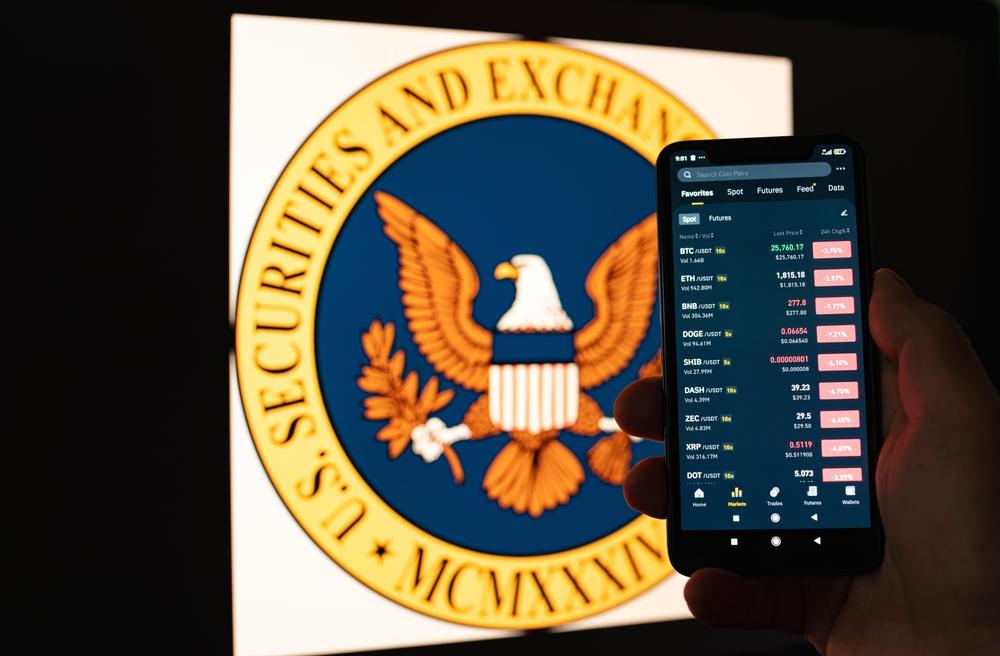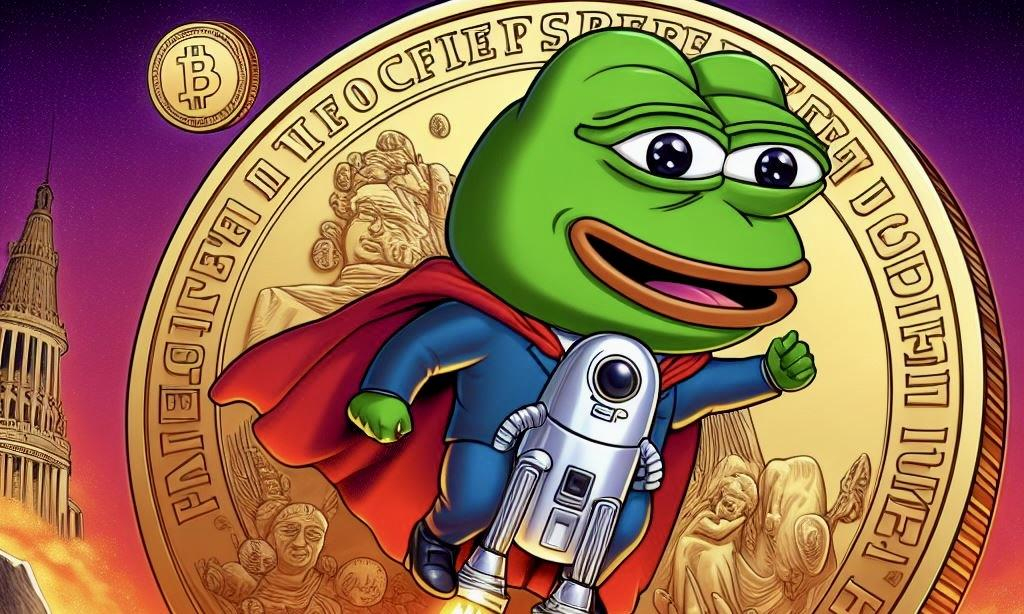Republican and Democratic senators have reportedly reached a bipartisan agreement on the GENIUS Act, a landmark bill aimed at establishing a clear regulatory framework for stablecoins in the United States. While the finalized text of the bill has not yet been released, its approval signals a significant step forward for crypto regulation.
Senate Democrats have requested additional time to brief their caucus on the proposal. Despite this delay, momentum is building as Republicans push for a full Senate vote, potentially as early as this week. Senate Majority Whip John Thune is reportedly aiming to hold the vote before Memorial Day on May 26.
The road to consensus was not without hurdles. Last year, the bill faced resistance from several pro-crypto Democratic senators and drew concern from Senate Minority Leader Chuck Schumer, particularly regarding the role of stablecoin issuer Tether. Massachusetts Senator Elizabeth Warren also voiced opposition, warning of risks associated with underregulated crypto assets. Her stance drew backlash from the cryptocurrency community.
Additionally, Republican Senator Rand Paul of Kentucky previously expressed skepticism, arguing that the crypto industry had functioned well without federal oversight. However, recent developments suggest a shift in sentiment, with both parties now appearing more aligned on the need for stablecoin legislation.
If passed, the GENIUS Act would provide much-needed clarity to the digital asset market and potentially foster further innovation within the U.S. blockchain ecosystem. The bill’s bipartisan backing marks a rare moment of unity in crypto policy and could be a pivotal moment for the future of stablecoins.



























Comment 0